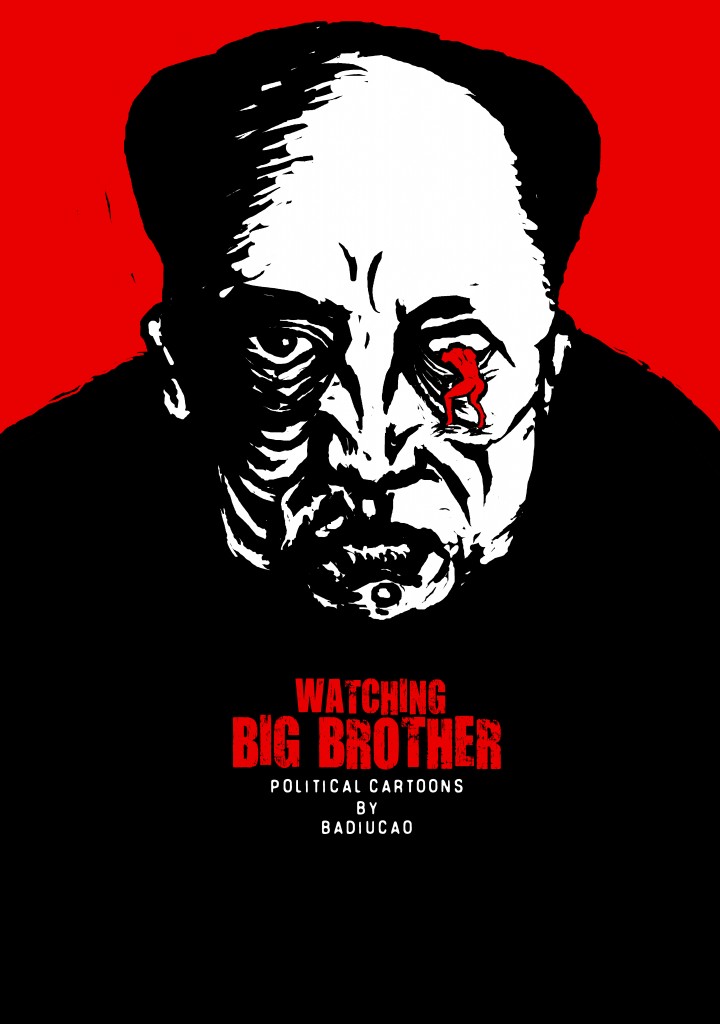By Scott Cendrowski

Earlier this month the Chinese social media giant Tencent passed Wells Fargo as the world's tenth most valuable publicly traded company.
It would never have grown to that size were it not for the company's close relationship with China's government.
The government requires a high level of cooperation from technology companies, which is one reason Google decided to leave the market seven years ago and why overseas social networks like Facebook, Twitter, Pinterest, Line, Telegram, among others, remain blocked in China.
When it comes to censoring topics the government wants, Tencent's cooperation has gone to impressive new lengths, according to a new report released yesterday by The Citizen Lab at the University of Toronto.
The report details the ways Tencent censors keywords without users ever knowing; deletes images appearing on WeChat news feeds, which was previously undiscovered; and doesn't subject overseas users to the same onerous censorship as Chinese users.
Similar censorship exists on Sina Weibo, China's Twitter.
But WeChat, with 889 million monthly average users and a Facebook-like closed infrastructure that creates a sense of privacy, is becoming the more important platform for China's one-party government to monitor and shape.
Researchers tested censorship using terms related to the imprisonment of 250 human rights lawyers and workers starting in the summer of 2015.
When it comes to censoring topics the government wants, Tencent's cooperation has gone to impressive new lengths, according to a new report released yesterday by The Citizen Lab at the University of Toronto.
The report details the ways Tencent censors keywords without users ever knowing; deletes images appearing on WeChat news feeds, which was previously undiscovered; and doesn't subject overseas users to the same onerous censorship as Chinese users.
Similar censorship exists on Sina Weibo, China's Twitter.
But WeChat, with 889 million monthly average users and a Facebook-like closed infrastructure that creates a sense of privacy, is becoming the more important platform for China's one-party government to monitor and shape.
Researchers tested censorship using terms related to the imprisonment of 250 human rights lawyers and workers starting in the summer of 2015.
The episode earned the moniker "709 crackdown" for the first disappearances of two lawyers on July 9th, 2015.
The topic has since gained attention inside and outside the country as the biggest crackdown on human rights workers since just after the Tiananmen Square massacre.
In January, one lawyer's description of his treatment was made public.
“I’m going to torture you until you go insane,” human rights lawyer Xie Yang said one of his interrogators told him.
Citizen Lab found 41 keyword combinations related to the "709 crackdown" were censored on WeChat without users knowing.
Citizen Lab found 41 keyword combinations related to the "709 crackdown" were censored on WeChat without users knowing.
If they sent messages to friends containing the phrases, or posted them to their Moments "news feed," the messages appeared on their end but couldn't been seen by anyone else.
Previous research has found WeChat censors terms, such as those relating to the Hong Kong protests in 2014.
Previous research has found WeChat censors terms, such as those relating to the Hong Kong protests in 2014.
A Tencent spokeswoman didn't respond to a request for comment Friday.
New in the latest report was that images are now being censored.
New in the latest report was that images are now being censored.
In the past, images were a way to evade censors.
Citizen Lab found infographics and profiles of the lawyers caught up in the 709 crackdown were censored in individual messages and Moments pages.
"Our discovery of related blocked images on WeChat confirms the existence of image filtering and reveals the high level and extent of censorship enforced on this popular chat app," the researchers wrote.
More keywords and images were censored if they were sent to group chats containing up to 500 members than one-on-one exchanges, researchers said.
More keywords and images were censored if they were sent to group chats containing up to 500 members than one-on-one exchanges, researchers said.
But the same keywords were not censored on accounts registered to a phone number outside China.
The research shows how easily China's censors can co-opt the social network, as well as the consequences.
The research shows how easily China's censors can co-opt the social network, as well as the consequences.
"While there is tremendous effort and numerous global petitions to help Chinese rights defenders, many of these messages fail to reach domestic audiences in China due to information control practices, including search filtering and keyword and image censorship on chat apps," researchers wrote.






